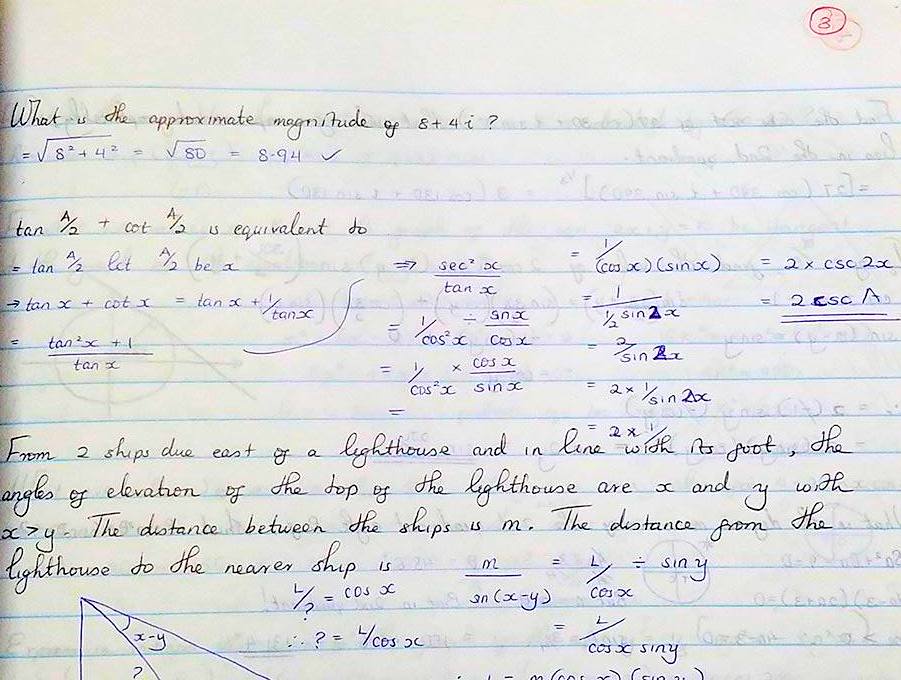The fact that the SATs are standardized also reveals their greatest weakness - they can only differ so much, otherwise the test scores from the May test wouldn’t compare to those of the October test. Ergo, if you can consistently do well on your practice tests, your final score won’t be drastically different.
Of course, the above strategy works best if you practice with materials that closely resemble the actual test. Unfortunately, College Board doesn’t offer an infinite number of practice tests for you.
This is my general strategy:
- Use any of the prep books to gain a foundational understanding of the concepts and format of the test.
For example, when discussing electron configuration in atoms, Kenyan 8-4-4 schools teach energy levels, but US schools teach s-p-d-f orbitals.
Do a lot of practice tests. Since there are a finite number of practice tests, you’re better off starting with non-official tests. As the test date approaches, switch to the official tests so that you’re more conversant with the wording used by College Board.
- Learning from the practice tests is very beneficial. Make sure that if you redid a certain test, you’d get +90%. Do not repeat your mistakes. Because the testable material is limited, the number of ways you can mess up is also limited.

A snippet from my Math IIC notebook back in the day. After each practice test, I would write down each question that I got wrong with an explanation of the correct answer. When revising, I’d cover up the answer portion and try to re-derive the answer. At first I was jotting down a ton of questions, but with time, I was running out of new mistakes to make on the test.
I can’t stress this enough: learn the basics, do lots of practice tests while also learning from the practice tests. I did +80 SAT practice tests. Best wishes!
My test scores back in the day. While I don’t think they’re the sole reason I landed a scholarship at Princeton, they certainly didn’t hurt my chances. This post is based on what I learned when preparing for my SATs.